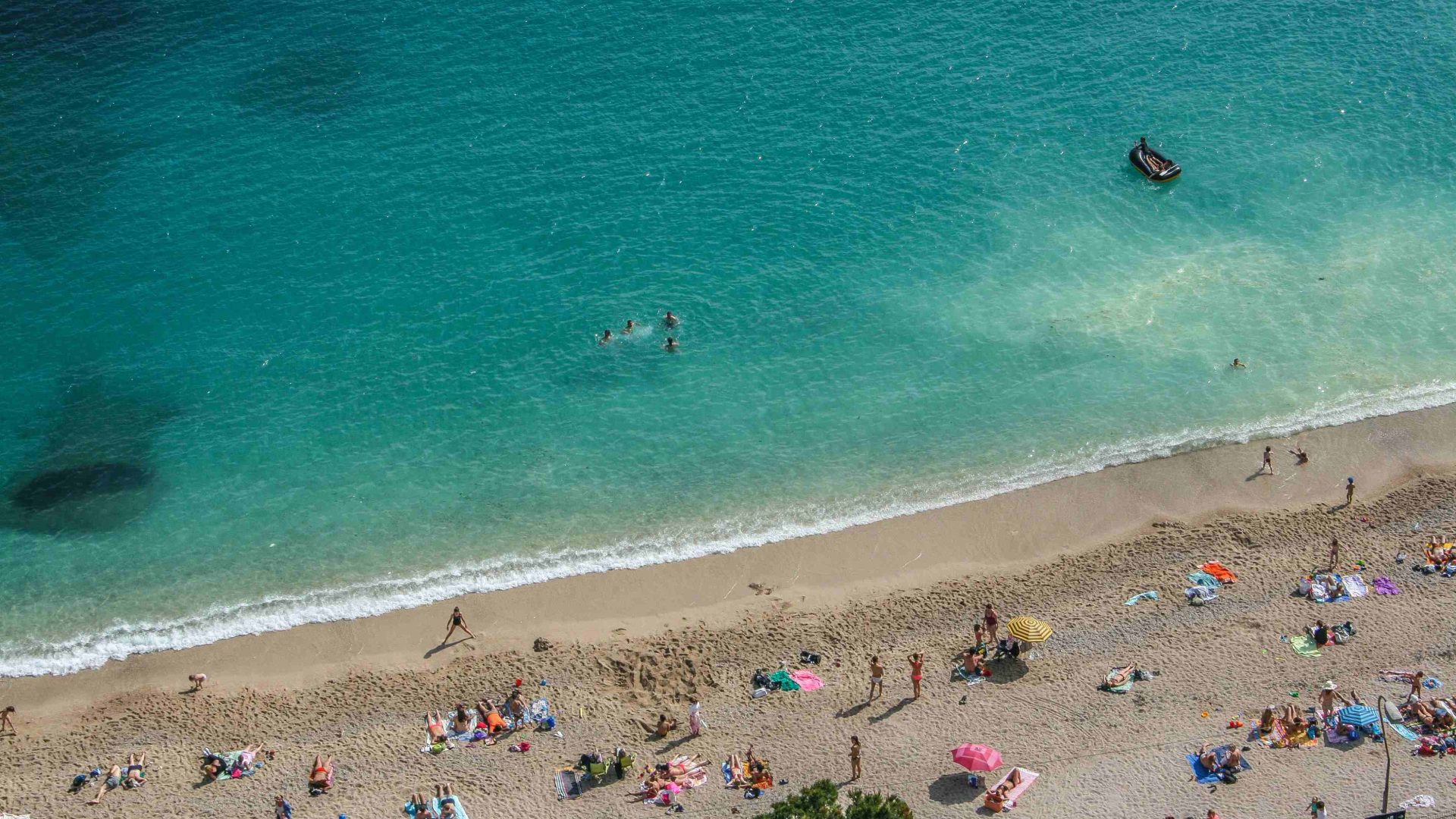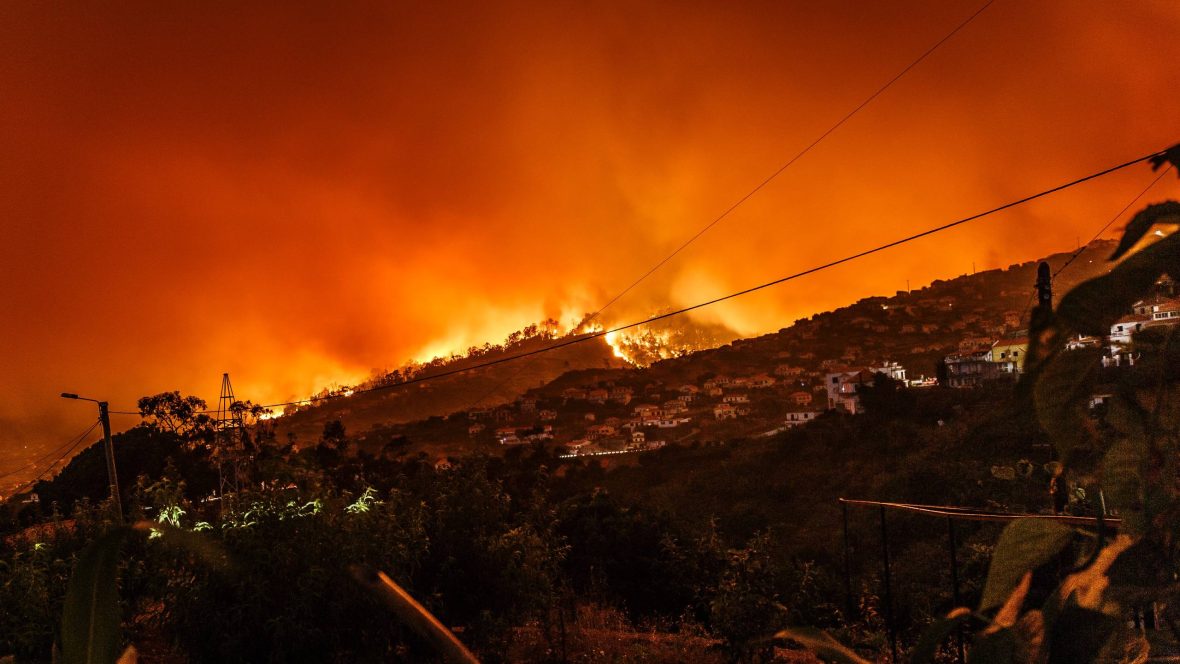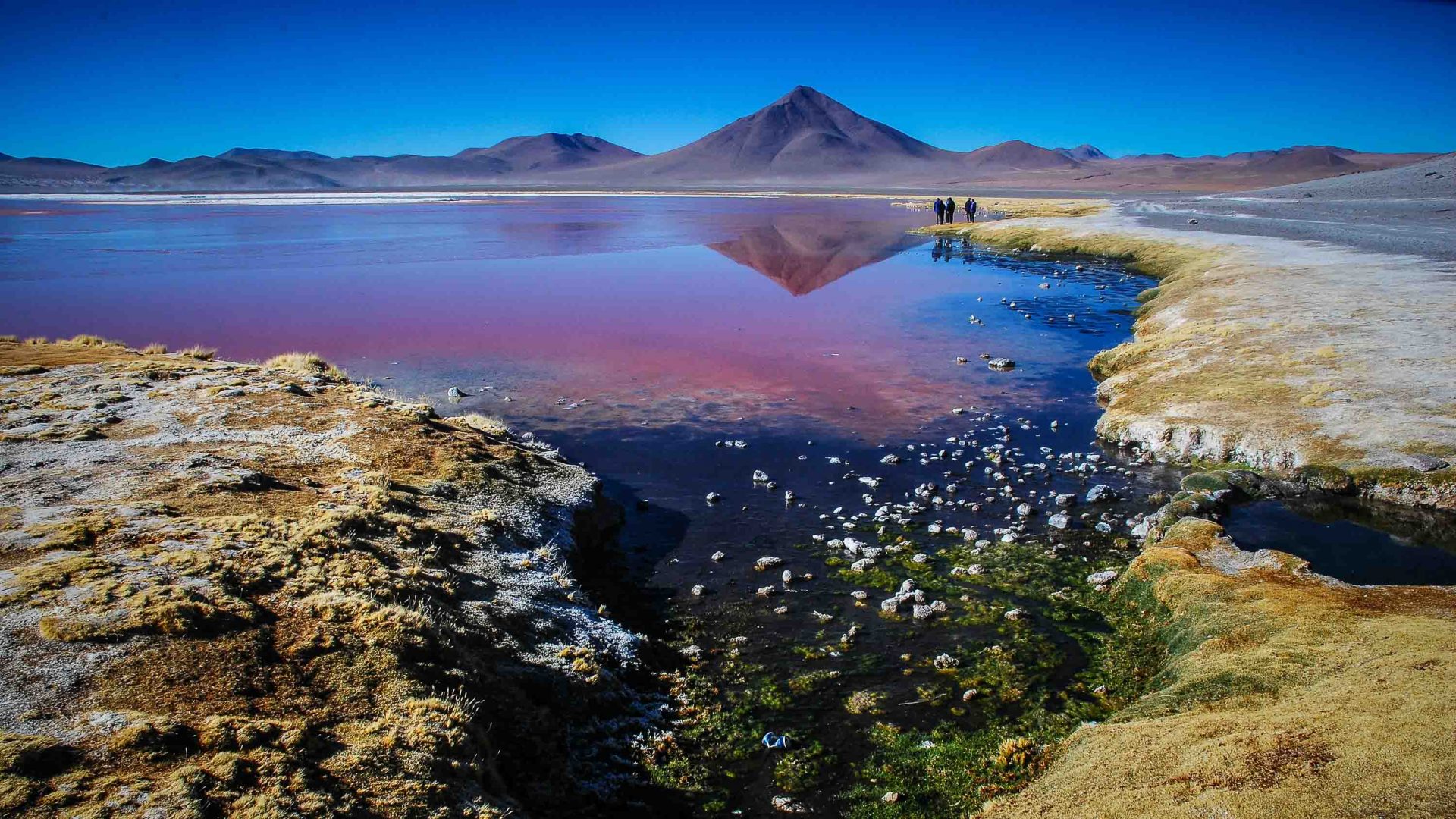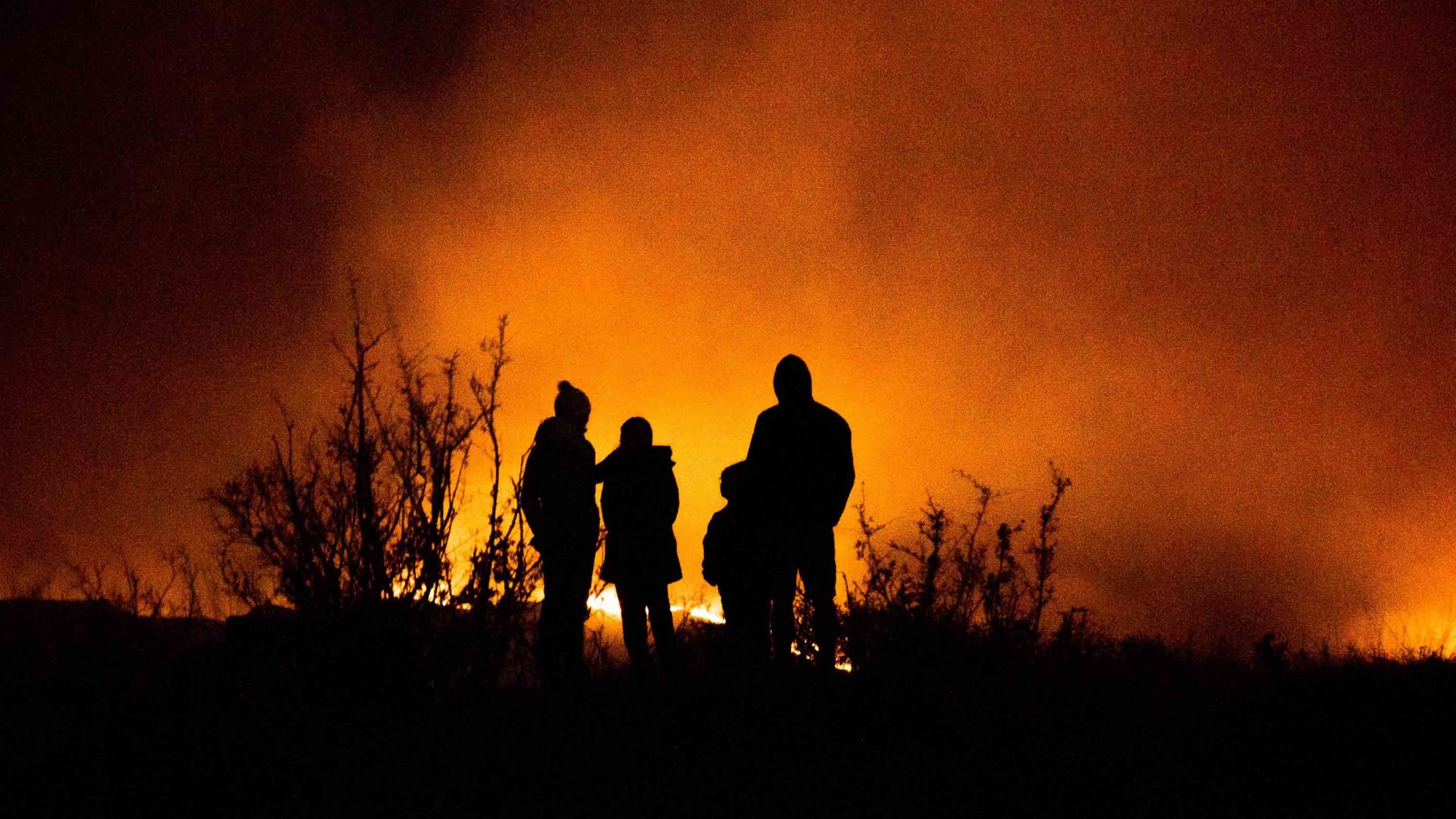You can already see efforts to adapt to the changes in many countries. In Italy, for instance, domestic mountain tourism is growing, enticing people from hot and humid Milan and Rome up where the air is cooler—even if the snow is disappearing.
China, which doesn’t do things by halves, is investing in mountain resorts. The goal here is to offer cooler alternatives like northern China’s Jilin province to beach holidays for sweltering residents of megacities such as Beijing and Shanghai.
Some mountainous countries are unlikely to seize the opportunity because they don’t want to draw more tourists. Norway is considering a tourist tax.
Forward-thinking countries will be better prepared. But there are limits to preparation and adaptation. Mediterranean summer holidays will be less and less appealing, as the region is a heating hotspot, warming 20 percent faster than the world average. Italy and Spain are still in the grip of a record-breaking drought, threatening food and water supplies. The future of tourism is going to be very different. 
***
This article is republished from The Conversation under a Creative Commons license. Read the original article.












